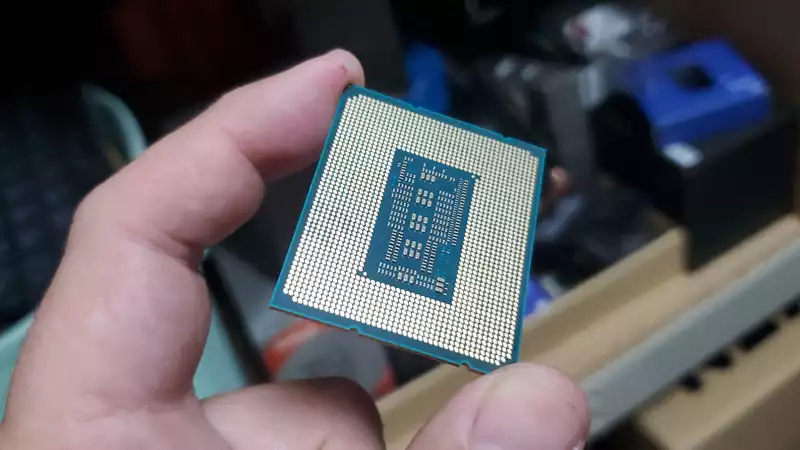We reported a few weeks ago on the supposedly leaked core counts for the new series of Intel processors featured in a RedGamingTech video. The video claimed that Raptor Lake Refresh would deliver higher core counts across the entire CPU stack.
And these promised additional cores were not only the lower cost Efficient cores, but also some of the 14th generation chips were actually supposed to get higher performance core counts.
Most exciting, as is customary with Intel these days, was the lower end of the stack: the Core i5 14400 was announced to have 14 cores and 20 threads, while the Core i5 14100 was to be a pure 6-core, 12-thread chip. Both of these low-end Core i5 processors have the potential to be outstanding gaming CPUs, and you would have to have a very productive job to really need a higher spec than this.
Unfortunately, another leaker has announced the number of cores and clock speeds for the 14th generation (via Videocardz), so the initial rumor may have been wrong.
Topping the list, as was always suggested, is the 24-core, 32-thread Core i9 14900, ostensibly unchanged. These latest specs support the idea that the Core i7 chip has added a handful of Efficient cores, bringing it to 20 cores and 28 threads, but the core count below that is reportedly still the same.
Obviously, these are rumors against rumors, and it is difficult to know exactly who has the true specifications of the unreleased set of processors, but the latest details seem more realistic.
I had hoped that Intel would push for more cores in the upcoming Core i5 series chips, but that is not very sustainable; AMD has made Ryzen processors effective and reliable number crunchers, while beating rivals in core count at different price levels. by beating them. For Intel to go back and do the same thing would have a certain combative symmetry, but at this point would only lead to its downfall.
The Raptor Lake Refresh, or 14th generation Core processors, as the name suggests, are just mildly tweaked versions of the existing 13th generation chips and do not even deserve to be called an entirely new "generation" of processors. However, increasing the core count would be a way to make this new generation more interesting while we wait for the big change, the Arrow Lake CPUs, to arrive in 2024.
However, increasing the number of cores in that entire stack now would make it very difficult to paddle into the next generation and drop the core count again. It doesn't look good when the new generation of chips that you want to make seem the biggest and the worst are actually going in the opposite direction in terms of core specs. Intel has addressed this issue before when it went from 10 cores in the Core i9 10900K back to 8 cores in the Core i9 11900K. And it did not work.
So from a consumer perspective, it is a bit disappointing, but not a big surprise, that the RedGamingTech rumor seems to be false.


Comments